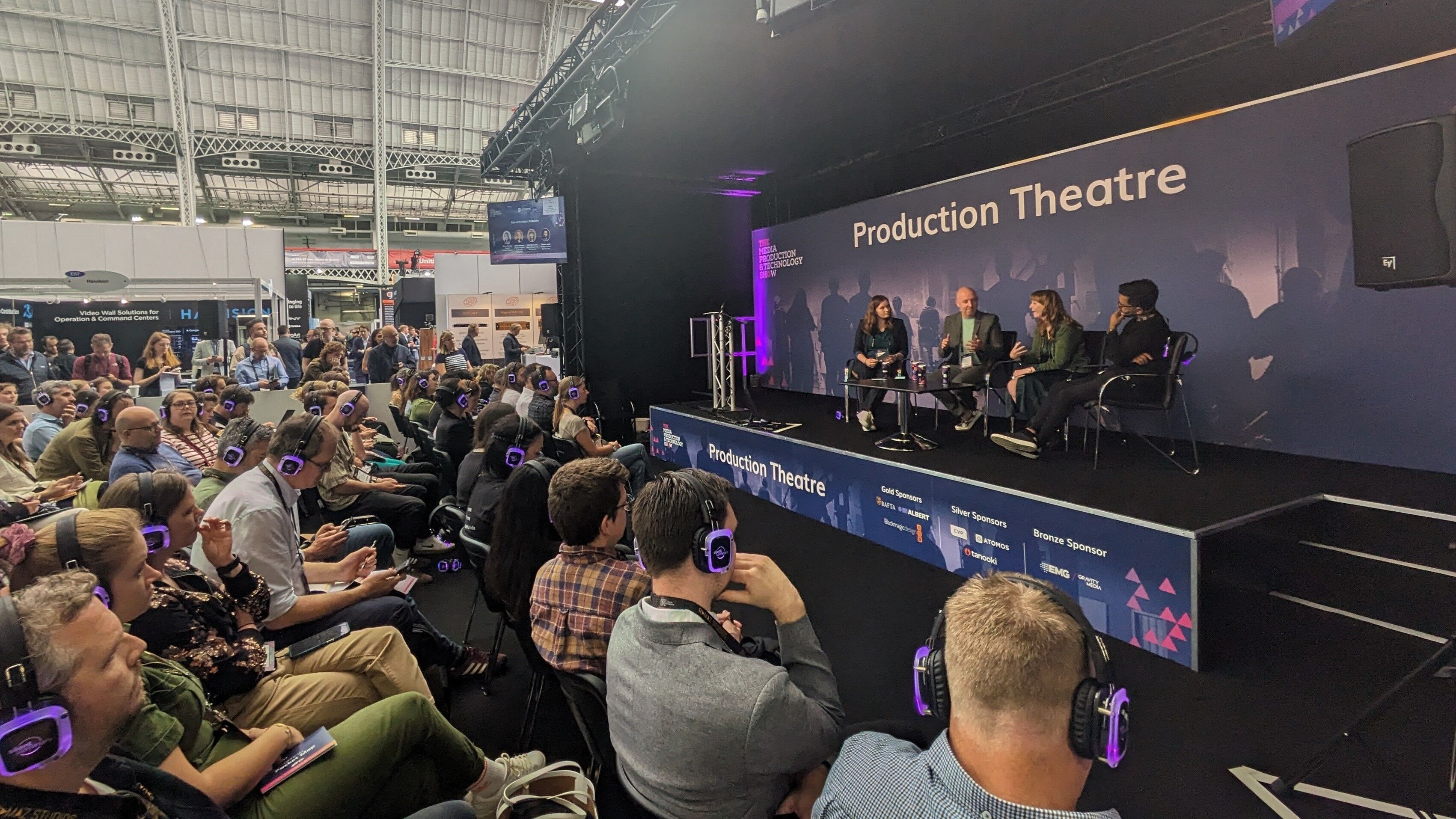At MPTS, speaker after speaker, including the director of Mr Bates vs The Post Office, voiced fears for the future of the UK TV industry.
The Media Production and Technology Show (MPTS) felt like a busy show but the energy from many leading creatives and executives belied the perilous state of UK TV production.
It doesn’t seem to matter whether you are a director with a strong track record or a runner trying to catch a break, the industry’s finances appear to be at breaking point with opportunities for work leaving freelancers high and dry.
“The shows that we cut our teeth on have gone,” said James Hawes, who directed the first season of Slow Horses for AppleTV+ and has just made feature film Amateur with Remi Malek. “We have to replace it otherwise...
You are not signed in
Only registered users can read the rest of this article.

Creator economy comes to enterprise: What does broadcast AV really mean today?
As video becomes a core enterprise capability, broadcast AV is being redefined. It’s less about better hardware and more about network-native, production-grade media systems that can scale, are interoperable and operate reliably inside modern IT environments.

Age diversity: What to do about an age-old problem?
In the era of the 100-year life, is it time for the M&E industry to revisit its relationship with age diversity? As mid-career challenges and skills shortages intensify, IBC365 investigates the professionals striving to give more, over longer periods of time.

MovieLabs: Creating an industry-aligned vision for the future of media creation
How MovieLabs is building on two decades of development in film and television to help guide the future of media creation.

CES 2026: “The ChatGPT moment for physical AI is nearly here”
Passive language-based text-to-video models are so last year. From the enterprise to the home to the creative suite, the future is multi-modal AI capable of massive three-dimensional world building and physical interaction.

Multi-camera live virtual production on a broadcast budget
German broadcaster SWR claims a world first live multi-camera virtual production with potential learnings for broadcasters everywhere.





